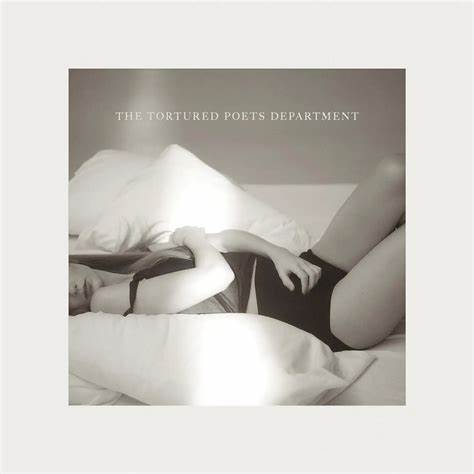Juliette’s Declassified School Survival Guide: October
Agendas function as study tools
Despite all the jokes and memes surrounding the experience, it’s still all too common for students to close their books at the end of the day, turn off their phone, climb into bed and shut their eyes only to realize that they still have more homework. And then, many of them close their eyes again, resigning to ignore it.
Too many times I’ve decided to keep an agenda for the year and then abandoned the commitment after a few weeks when I reason with myself, “I haven’t forgotten any assignments thus far, so surely I won’t forget anything for the rest of the year.” Spoiler alert: I did. However, even in a perfect world where memories are foolproof, agendas are more than just insurance in case something slips through a busy day’s schedule. Agendas are guards against procrastination and provide an incentive to be productive.
School can feel hectic with assignments, deadlines, tests to take and projects to work on in addition to any personal situations you might be facing, and at the end of the day it’s hard to keep everything straight. Not only does an agenda help to reign in the chaos, but it gives a short-term perspective of what may feel like a long-term issue. When life gets too complicated, you can simply stick to what you have written on your agenda, and the issue seems a little less out of your control.
Personally, I give myself one freebie every day. In the morning, I can check off the task ‘made bed’ because it takes little to no time to just pull the covers up every morning and make my room look presentable. I encourage others to do something similar, not because the task is particularly important, but because striking off one task and watching it disappear from your day will naturally make your eyes turn from that bullet point to another and prompt you to ask yourself what you can accomplish next.
An agenda is a motivator as well as a receipt for all you’ve accomplished. Crossing out something on your list feels satisfying and makes you feel like your work has paid off. On those particularly hard days when you’re reluctant to finish even one worksheet, checking something off your agenda and chasing the satisfaction that comes from removing the clutter from your page (and your day) can provide a helpful incentive.
Agendas allow us to stay on-track even when we don’t feel like it. Other times, they convince us that we do feel like it because the aftertaste gotten from seeing the physical evidence of our completed tasks inspires a student to do more until we don’t even realize we’re doing it: being productive. The idea sounds far away and uncharacteristic of ourselves, but it’s entirely within reach.
As with all study tricks, not everybody will benefit from keeping an agenda or a to-do list, but it’s worth a try if you’re at all curious of what results it might yield. There are plenty of ways to do this without buying a hand-held agenda. Google Tasks, available on mobile, has an easy-to-navigate and aesthetically attractive dashboard of daily tasks where you can delete one once you’ve done it and see the physical evidence of your accomplishments. Google Calendar allows you to sync your calendar with others’ and add more to your to-do list than just homework such as tests, projects and other in-class assignments that might otherwise be difficult to keep track of.
The goal of any meritable study tip is to trick your mind into being productive, and it doesn’t always have to be grand or produce immediate results. A small, seemingly unsubstantial act such as using an agenda may have a greater effect than you expect.
















